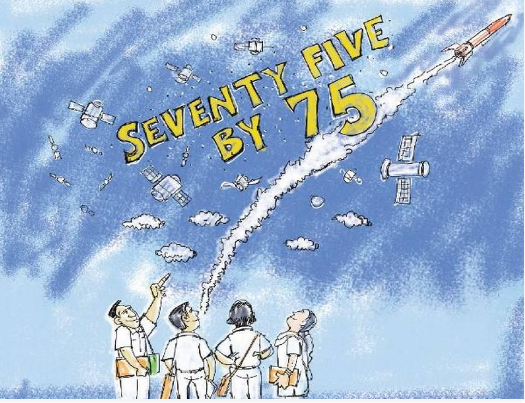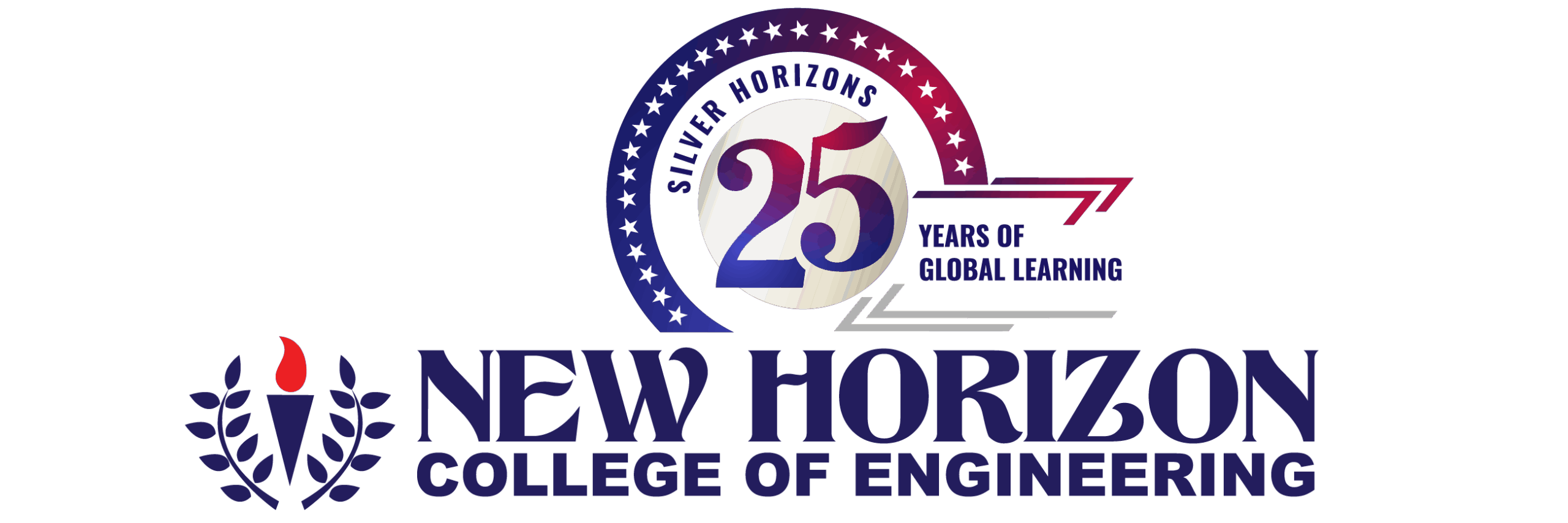MEDIA
75 Student Satellites may Fly to Space as India Turns 75

ITCA has roped in engineering colleges to form consortium
Up to 75 tiny satellites built by students of Indian universities could fly to the skies between late next year and 2022 in batches.
Seventy-five by 75: this is the dream project that the Indian Technology Congress Association (ITCA) has conceived to celebrate the nation‟s 75th birthday. That is also to be the year of Gaganyaan, the first trip of Indian astronauts to space.
The ITCA, a technology promotion body based in Bengaluru, has roped in around 40 engineering colleges to form a consortium. It is also in the midst of discussing launch contracts with the Indian Space Research Organisation and working out Israeli finance for its „75 Student Satellites Mission 2022‟, said its president Dr. L.V. Muralikrishna Reddy.
“We hope the first 25 tie-ups will happen this year. The picture will get clearer around September when we hold our conference,” he toldThe Hindurecently.
Students of participating institutions would come from different disciplines and get to build nano satellites weighing between 3 and 12 kg. They may demonstrate a novel concept, science experiment, or technology in orbit. Assembling a satellite of their own, creating its ground control system, and operating the spacecraft would be a creative experience and give them an edge in the job market, according to Dr. Reddy.
200 ideas
ITCA‟s satellite design and payload consultant Pramitha Ramaprakash, founder-CEO of Transcend Satellite Technology, said she was keen on helping budding engineers with satellite design and payloads or experiments. ITCA has readied a list of 200 payload ideas.
Why would we want to add so many student satellites in an already crowded space? “Exciting things are happening across the world of space,” said R.M. Vasagam, veteran space scientist and head of the mission‟s advisory committee. Students have been an important part of them in other countries and are proving interesting ideas in orbit for applying to everyday life one day. For the colleges, it can mean a branding exercise and a permanent ground infrastructure on their premises. For the students, an out-of-the-world learning experience, exposure to an elite job market, and a chance to turn entrepreneurs who can attract space majors, with frugal satellite services.
Currently the Chancellor of MGR Educational & Research Institute, Chennai, Dr. Vasagam is also the former director of APPLE, India‟s first experimental communication satellite, launched by the ISRO in 1981.
Space-based solutions reach people in remote areas where many other technologies do not reach or work. Students can learn to design small satellites that can offer simple, meaningful, and low-cost solutions to soldiers, farmers, boatsmen, forest personnel, or students, he noted, adding that these days ISROwants to offload satellite assembly to the private sector.
India lags behind
In the last three to five years, other countries launched about 3,500 student satellites that demonstrated innovative technologies; another 2,500 could be in the offing. Indian universities have so far built and launched only nine satellites of fleeting life spans. They must catch up with their international counterparts, he said.A student satellite, depending on its payload, can cost between ₹30 and ₹50 lakh and ₹5 and ₹6 crore.ITCA Secretary General, Dr.K. Gopalakrishnan, Dean-R&D of New Horizon College of Engineering, said a ready partner is Israel, whose half a dozen banks already support similar students‟space initiatives in Israel and in China. Two batches of Indian institutions visited Israeli cities in February and May this year to explore technology tie-ups with three top universities.According to Dr. Vasagam and Dr. Reddy, a lot of investment is taking place outside the country in NewSpace —the set of innovative space enterprises driven by private capital. But their own first big task is to get Indian institutions to board the ITCA‟s space plank.
Ref:https://www.thehindu.com/sci-tech/science/75-student-satellites-may-fly-to-space-as-india-turns-75/article28160180.ece

